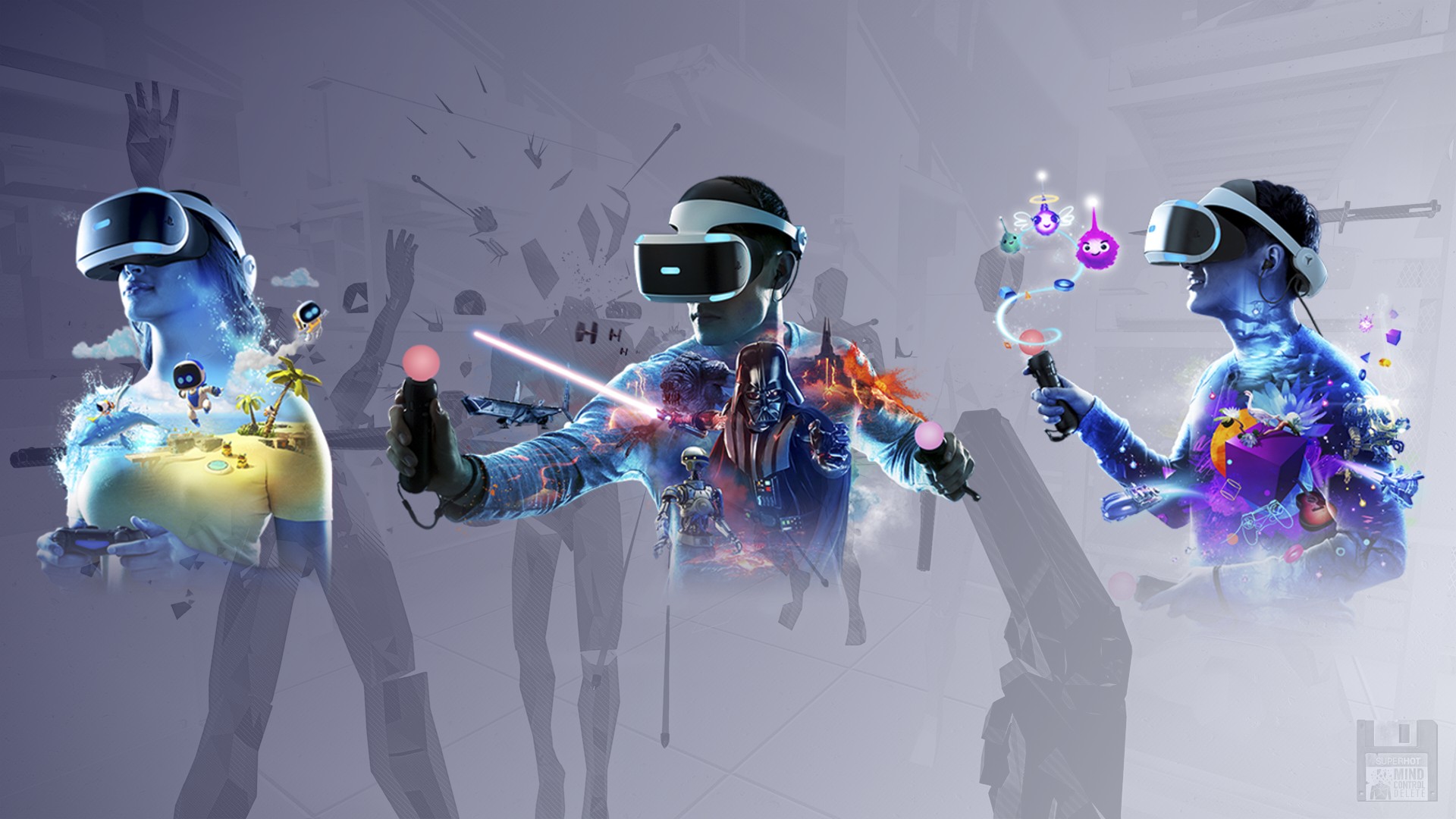Nov 17, 2023
Introduction
Dubai's vibrant and dynamic landscape provides an ideal backdrop for innovation and creativity, making it an exciting hub for the development of virtual reality (VR) experiences, including games. If you're considering delving into the world of VR game development in Dubai, you're stepping into a realm of boundless possibilities. Here's a comprehensive guide to help you embark on this exhilarating journey.
Conceptualize Your Game:
Every great VR game starts with a compelling concept. Whether you're envisioning an immersive adventure set amidst Dubai's futuristic skyline or a virtual exploration of its cultural landmarks, take the time to flesh out your game's story, mechanics, and unique selling points. Consider how VR technology can enhance the player experience and bring your vision to life in exciting new ways.
Choose the Right Development Tools:
Dubai's burgeoning tech ecosystem offers access to a wealth of VR development tools and platforms. From industry-standard engines like Unity and Unreal Engine to specialized VR SDKs and plugins, explore your options and choose the tools that best align with your project requirements and development expertise. Additionally, consider collaborating with local VR development studios or freelancers to leverage their expertise and resources.
Design for Immersion and Interactivity:
VR games thrive on immersion and interactivity, offering players the opportunity to step into alternate realities and engage with their surroundings in unprecedented ways. When designing your VR game, prioritize elements such as intuitive controls, dynamic environments, and responsive feedback systems. Pay attention to ergonomics and user comfort to ensure a seamless and enjoyable experience for players of all ages and skill levels.
Showcase Dubai's Unique Attractions:
Dubai's iconic landmarks, diverse culture, and rich history provide endless inspiration for VR game developers. Whether you're recreating famous landmarks like the Burj Khalifa and the Palm Jumeirah or weaving elements of Emirati folklore and mythology into your game's narrative, leverage Dubai's unique attractions to captivate players and immerse them in unforgettable virtual experiences.
Test and Iterate:
Testing is a crucial phase of VR game development, allowing you to identify and address any issues or shortcomings before releasing your game to the public. Conduct thorough playtesting sessions with diverse groups of testers to gather feedback on gameplay mechanics, performance, and overall user experience. Iterate based on this feedback to refine and polish your game until it meets your quality standards.
Optimize for Performance and Compatibility:
Dubai's diverse population and thriving gaming community span a wide range of VR hardware and platforms. To ensure broad accessibility and optimal performance, optimize your VR game for compatibility across different devices, including PC-based VR headsets, standalone VR systems, and mobile VR platforms. Pay attention to performance optimization techniques such as asset optimization, frame rate management, and input latency reduction.
Market and Promote Your VR Game:
Once your VR game is ready for release, it's time to generate buzz and attract players. Leverage digital marketing channels, social media platforms, and gaming communities to promote your game and engage with your target audience. Consider hosting launch events, partnering with influencers, or offering exclusive promotions to build anticipation and drive downloads.
Conclusion

Developing a VR game in Dubai offers an exciting opportunity to push the boundaries of creativity and innovation while showcasing the city's unique charm and allure to players around the world. By conceptualizing compelling experiences, leveraging the right development tools, and prioritizing immersion and interactivity, you can create VR games that captivate audiences and leave a lasting impression. Embrace the challenge, unleash your creativity, and embark on a thrilling adventure into the realm of virtual realities.





